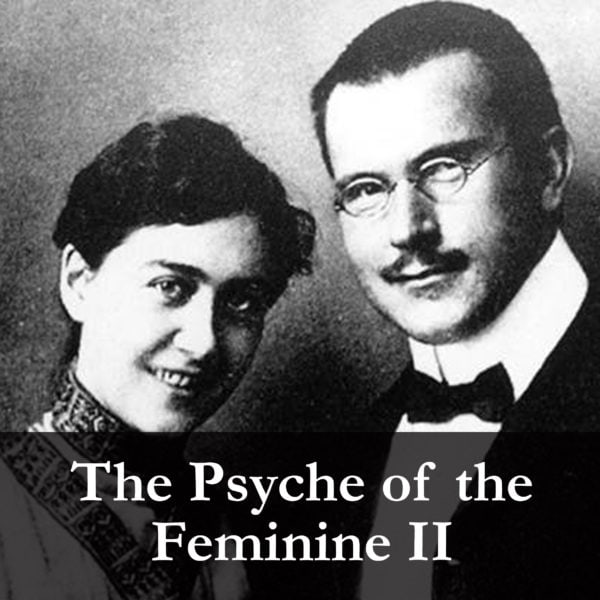We are very pleased to have hosted author Imelda Gaudissart in her second webinar with us where she continued to discuss how she was enticed to write about Emma Jung. Through most of her married life, Emma Jung was faced with the necessity to adjust to Carl’s radical personality and his uncompromising decision regarding his feminine relationships. Emma’s dramatic solitary experience is still relevant as an illustration of the self-demand for transformation. We’ll explore this topic from different angles and archetypal perspective.
Little attention has been paid to Emma Jung’s role in the history of analytical psychology and in the life of C. G. Jung. Imelda’s book is an extended biographical essay, originally published in French, which provides us with a carefully detailed view of this remarkable woman. Gaudissart’s sensitive depiction of Emma Jung reveals a very real woman confronted with an unexpected life and challenged to develop in ways that, for a wife and mother of that period, were almost unimaginable. She worked closely with her husband, C. G. Jung, and Sigmund Freud, becoming herself an analyst, and she was instrumental in establishing the earliest institutions for analytical psychology. The issues Emma Jung faced on her path to individuation will resonate with those of many women today.




